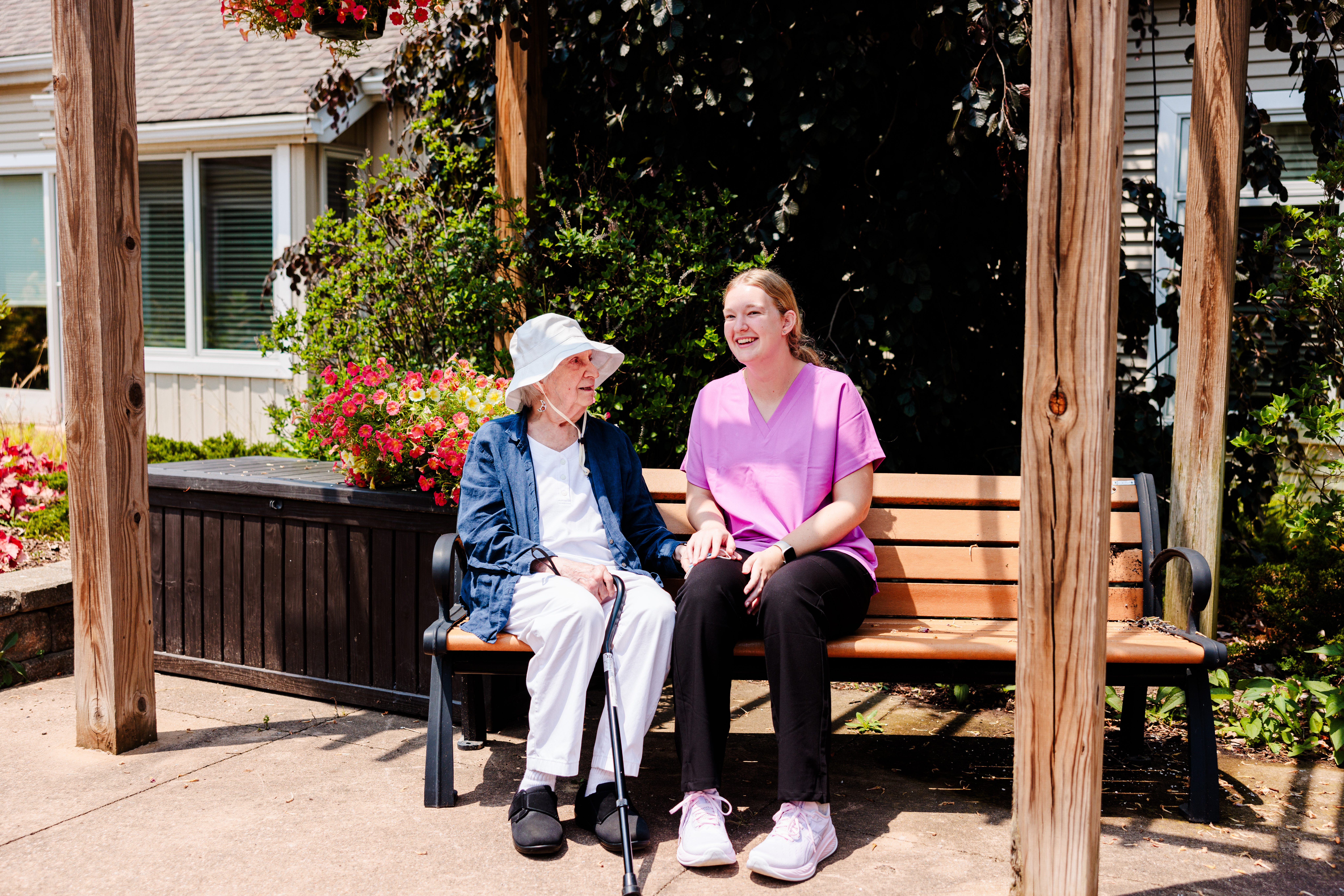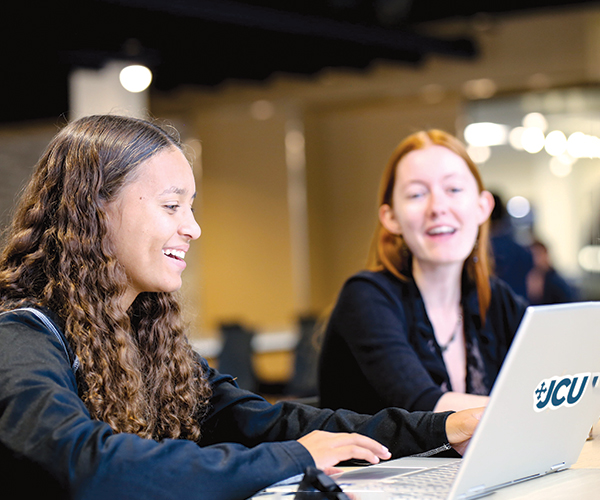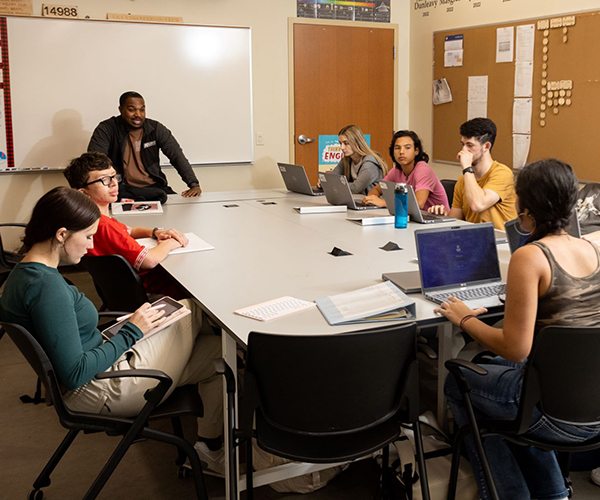Kids A2Z - Getting Ready: Birthing options, modern midwives & more
by Jennifer Keirn | Dec. 16, 2009 | 5:00 AM
| THE HOLISTIC NINE YARDS Siobhan de Villiers knew exactly the kind of environment she wanted for her first delivery last fall. “I didn’t want people sticking me with tubes and stuff,” she says. “I wanted it more natural, less of a medical experience.” Husband Michael nixed a home birth, so the couple turned to St. John West Shore Holistic Birthing Center, one of two new hospital-based childbirth centers, along with the Natural Beginnings program at EMH Regional Healthcare System in Elyria, specializing in natural childbirth. “It’s like being at home with a safety net,” says Colleen Brezine, administrative director of nurse-midwifery at St. John West Shore. That means no IVs, no constant monitoring, no drugs and no pressure to deliver quickly. Instead, they boast birthing tubs and balls, aromatherapy and plenty of room for family members. And because pain medication isn’t used, mom can go home when she feels comfortable, as long as she’s stable, with some choosing to leave as soon as six hours postpartum, Brezine says. “It’s the patient’s birth, not ours,” says Erin Callahan, a nurse-midwife who owns a practice and delivers in EMH’s Natural Beginnings. Still, both programs offer the close-at-hand support of their hospital medical staffs in case an emergency C-section or other medical intervention is required. “It was very hands-off,” says de Villiers. “It was calm, peaceful, instead of a panicky situation.” |
| STRENGTH IN NUMBERS Erin Callahan fields the same questions from expectant moms who visit her Lorain County midwifery practice: Is what I’m feeling normal? What should I expect next? What should I do and not do to keep my baby safe? So Callahan, owner of WomenCare Connection, became one of the few area providers to adopt a prenatal care technique known as Centering Pregnancy. Created by Yale nursing instructor and nurse-midwife Sharon Schindler Rising in the early 1990s, Centering Pregnancy practitioners replace traditional checkups with group prenatal visits for expectant mothers in the same stages of pregnancy. At WomenCare, patients see a midwife to take measurements, listen to heartbeats and have private conversation. Then Callahan leads group discussions about the aches, pains and worries each woman is likely experiencing. “Everyone gets two hours with us, as opposed to when you go to your regular provider and get five to 10 minutes,” she says. According to the Centering Healthcare Institute, which provides training and support to such groups, participants have a 33 percent lower risk of preterm birth. Surveys by the institute also point to mothers’ greater satisfaction with their prenatal care and an increased feeling of readiness for motherhood. “They develop such a bond for each other, and it’s a support group for these women,” says Callahan. |
| DOULA DUTY Every new mom could use a little extra help — especially in the first hours home from the hospital. Enter Noreen Roman, director and founder of Birth & Beyond Doula Services, and her First Night service. “There’s so much societal focus on the birth event, but we don’t discuss the postpartum period,” Roman says. “[New moms] don’t realize how much help they need until they get home.” With Roman’s First Night service, a postpartum doula comes to a couple’s home after discharge to help them navigate that first night home with a new baby. Doulas, who provide nonmedical support to women before, during and after delivery, are nothing new. “In colonial times there was someone in every village who did this,” Roman says. But they’re enjoying a resurgence as extended family becomes farther flung. During the first two weeks postpartum, a doula can assist with household tasks, breast-feeding and basic baby care, allowing the mom to focus on recovery and baby bonding. “[The doula] knows what needs to be done without you even needing to say it,” she says. |
| PRIVACY BY DESIGN When Lake Health began designing its new TriPoint Medical Center in Concord Township, which opened in October, it was one of only 40 hospitals nationwide to join the Center for Health Design’s initiative to make health care facilities more conducive to positive patient outcomes. Known as the Pebble Project, its principles prompted Lake Health to rethink its special-care nursery, where sick and premature newborns receive extra care. “The old model was set up as open bays with all the incubators lined up,” says Barbara Moran, Lake Health’s vice president of nursing, women’s and children’s acute care services. “If a mom wanted to breast-feed, you had to bring in a privacy curtain for her.” TriPoint opted for private rooms in its special-care nursery, allowing families to stay round-the-clock. Each room includes sleeper chairs, and a lounge for special-care families has a kitchenette, fridge, microwave, shower, and washer and dryer. “They never have to leave their baby’s side,” Moran says. “It allows for private conversation within the family and with the doctors.” The new hospital’s birthing suites got a facelift, too, with natural light, soothing colors and large rooms designed in “zones” for mom, baby, family and caregivers. Nurses keep electronic records in the room, equipment is hidden, and decentralized nursing stations keep them closer to patients. “Our goal is to make the rooms as homelike as possible,” Moran says, “not that sterile feeling of a hospital.” |
| QUICK LEARNERS There was a time when most parents who came through University Hospitals’ childbirth education program were 20-somethings willing and able to attend eight weekly meetings to prepare for their child’s arrival. But there’s been a shift in many parents’ preferences these days, says Libby Svoboda, manager of community health education for UH’s MacDonald Women’s Hospital. The expectant parents she sees are older, busier, and want as much information as they can get as quickly as they can get it. So Svoboda revamped UH’s childbirth education, adding express one-day classes or two three-hour classes to the traditional offering. Parents can also choose an e-learning option for which parents read materials online first and follow up with a three-hour class. Svoboda also has added timely new classes including Going Green: Pregnancy, Birth & Beyond, which covers topics such as organic foods, optimum baby nutrition and green baby gear. Although information is more accessible than ever, Svoboda says parents shouldn’t forgo the traditional group childbirth education experience. “The Internet doesn’t replace being with another human, talking, sharing stories and having a professional available to answer questions,” she says. |
Trending
-
1
-
2
-
3
-
4
-
5










